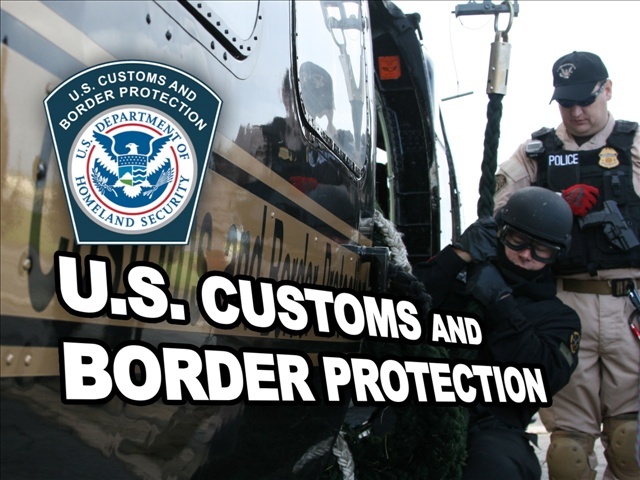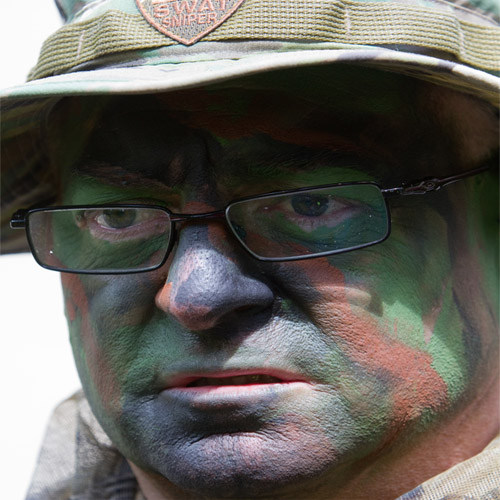I spent the five happiest years of my life in a morgue. As a forensic scientist in the Cleveland coroner’s office I analyzed gunshot residue on hands and clothing, hairs, fibers, paint, glass, DNA, blood and many other forms of trace evidence, as well as crime scenes. Now I'm a certified latent print examiner and CSI for a police department in Florida. I also write a series of forensic suspense novels, turning the day job into fiction. My books have been translated into six languages.
So far it hasn’t come up in my work, and we have lots of PPE (Personal Protective Equipment).
That depends entirely on what in the field of forensic science you want to do. The best way is to call some of the places you’d like to work as ask what their requirements would be, because they can vary all over the country. Smaller labs will want you to cross train.Larger ones might want you to specialize.
Good luck!!
We don't have a set schedule for interns. They'll come in on weekdays, but other than that we work with their school/work schedule.
If you want to be a DNA analyst you may need a Masters or PhD in genetics, depending on the requirements of the agency or facility. Check vacancy postings at professional organizations, such as https://webdata.aafs.org/public/jobs/postings.aspx and https://www.theiai.org/job_listings.php.
Best of luck!
CBP Officer
 Why are so many customs officers huge jerks?
Why are so many customs officers huge jerks?
Waitress
 Do you get annoyed when people use Groupons?
Do you get annoyed when people use Groupons?
SWAT Team Commander (Retired)
 How do you decide whether to try and kill a hostage taker?
How do you decide whether to try and kill a hostage taker?
I think that's what I'm doing most of the time when I answer questions on this site. If you look over the previous Q&As you'll probably see a lot of homework questions.
As far as I know, water doesn’t change the process of rigor mortis. The temperature of the water may speed it up or slow it down, but the process would still occur.
For homework interview questions, please email me at lisa-black@live.com.
-OR-
 Login with Facebook
Login with Facebook (max 20 characters - letters, numbers, and underscores only. Note that your username is private, and you have the option to choose an alias when asking questions or hosting a Q&A.)
(A valid e-mail address is required. Your e-mail will not be shared with anyone.)
(min 5 characters)
By checking this box, you acknowledge that you have read and agree to Jobstr.com’s Terms and Privacy Policy.
-OR-
 Register with Facebook
Register with Facebook(Don't worry: you'll be able to choose an alias when asking questions or hosting a Q&A.)